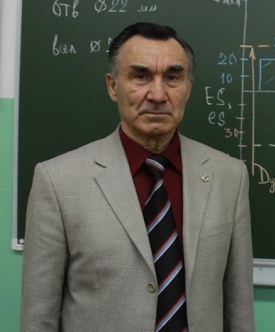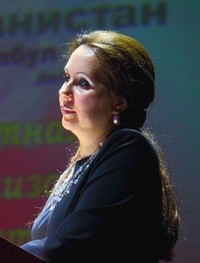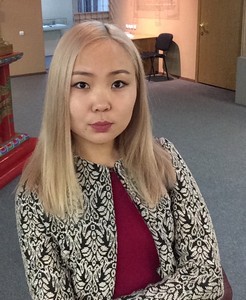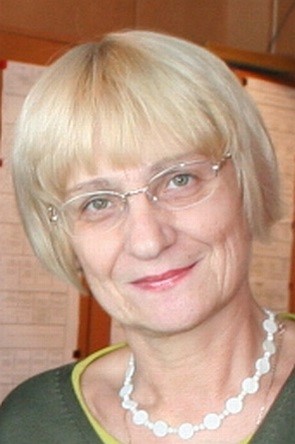Barsukov Aleksandr Grigorievich
 E-mail: nach-uch@mail.ru
E-mail: nach-uch@mail.ru
Place of work: Irkutsk Branch of Moscow State Technical University of Civil Aviation, Irkutsk, Russia
Academic degree, academic status: Candidate of Technical Sciences, Associate Professor
Post: professor of aircraft and engines department
Specialty from nomenclature of scientific specialties (Code of Higher Attestation Commission): 05.22.14 ‒ Air transport operation
Scientific major: aircraft flight safety
Important publications:
- Barsukov A.G. Modern approach to development of management system of flight safety // Bulletin of works of IV scientific and practical conference of teachers, scientists and graduate students “Urgent problems and prospects of development of civil aviation of Russia”. December 3−5, 2013 Irkutsk: Irkutsk Branch of MSTU, 2014. P. 209−214.
- Barsukov A.G. The determined assessment of flight safety used “six sigma” method // Bulletin of works of V scientific and practical conference of teachers, scientists and graduate students with the international participation “Urgent problems and the prospects of development of civil aviation”, March 22-24, 2016. Irkutsk: Irkutsk branch of MSTU, 2016. P. 190- 195.



 E-mail:
E-mail: